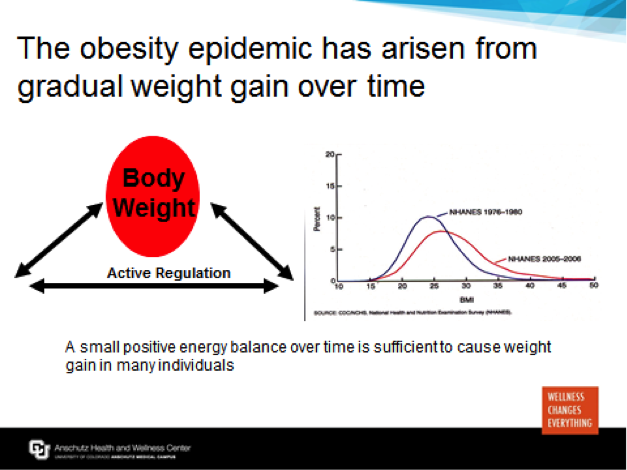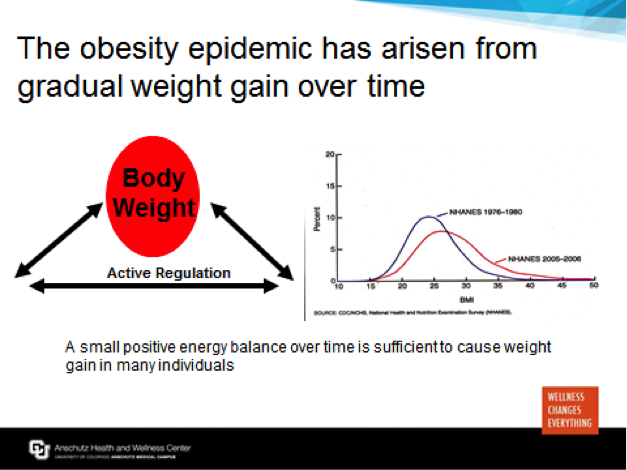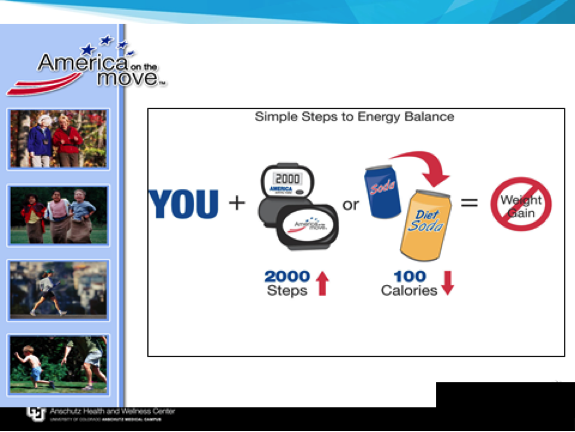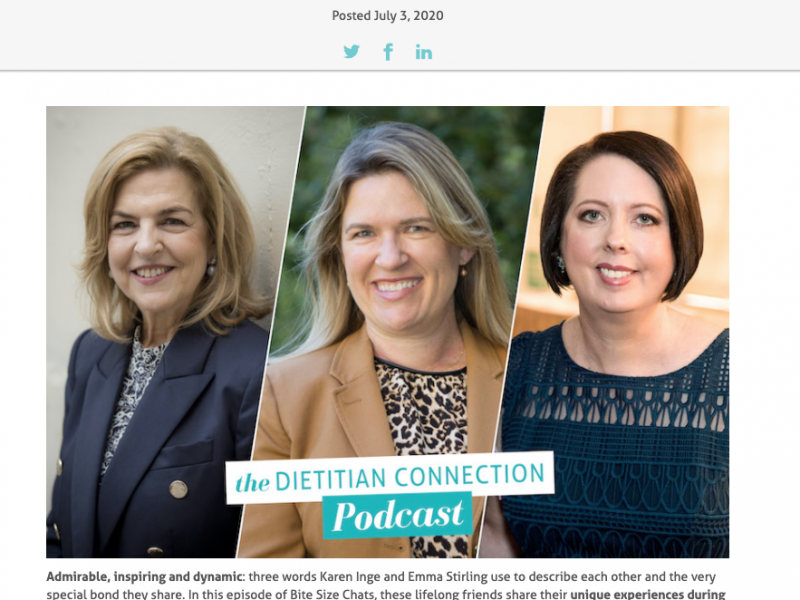Following on from last week’s look at the #moderationmovement we ease you safely into January with another popular concept for weight management and healthy habits – small changes. A recent Nutrition Society of Australia symposium covered this very same topic with esteemed international expert, Professor James Hill. And our guest writer was one of the panelists, so she’s perfectly placed to bring us the scoop.
Milena Katz is an APD and also qualified high school science teacher. She is the founder of Ahead In Health, a Sydney-based private practice and nutrition consultancy. Milena works part-time within the Multicultural Health Service of NSW Health and has wide ranging experience in clinical nutrition and education of health care professionals. Milena is a DAA Spokesperson.
It is the small things that always matter in life and it turns out that health is no different. The daily choices we make play a huge part in our overall health. The problem is we get so bogged down with stress and family life that we forget to do the little things that actually matter, like getting up from our chairs at work and not grabbing an extra biscuit with that cup of tea.
International obesity expert, Professor James Hill, University of Colorado gave a presentation that showed how small the difference is between weight gain and weight maintenance. When we eat a few extras per day like 2 biscuits or an extra glass of wine, this becomes slow and steady weight gain.
Prof Hill presented an interesting insight which highlighted that on average, if people did an extra 2000 steps per day and ate 100 less calories (around 400 kJ) per day they would not gain weight. He showed an example from the Amish community who have continued to live a traditional farming lifestyle. Compared to the modern day American who does 5,500 steps per day, the Amish take 16,000 steps. This difference is one of the keys to unlocking the obesity epidemic that is plaguing Australia. Of course, one of the keys is motivation – a bit like getting things locked into our routines e.g. brushing teeth, which we just do without thinking.
He went on to speak of some researched strategies that work for the small changes approach are:
- Using herbs and spices to make reduced kilojoule foods more appealing
- Incorporating snacks restricted to kilojoule controlled portion sizes
- Eating in the company of lean, fit companions
- Using smaller plates
Move more
Professor Wendy Brown, University of Queensland also presented and showed that most people spend 95% of their time in sedentary or light activity. She is researching how people use their time and is finding that even people like nurses, who say they are on their feet all day, actually spend a large proportion of their day sitting. Sitting has detrimental effects on health and has recently been in the news as the new “killer”.
Tracking your steps with a wearable device or pedometer and clocking up 10,000 steps a day can also be an effective strategy.
Editor’s comments:
Thanks Milena for the insights. I think the other clear message is that small changes are more achievable and sustainable for many people than going hard core, especially with January health resolutions. You can watch the full webinar of the symposium “Do small changes make a big difference?” by clicking and registering here. What say you lovelies? Do small changes really add up? Are they enough?
Disclosure: The symposium, Do Small Changes Make a Big Difference? was hosted by Coca-Cola South Pacific, in conjunction with the Nutrition Society of Australia (Sydney branch).






